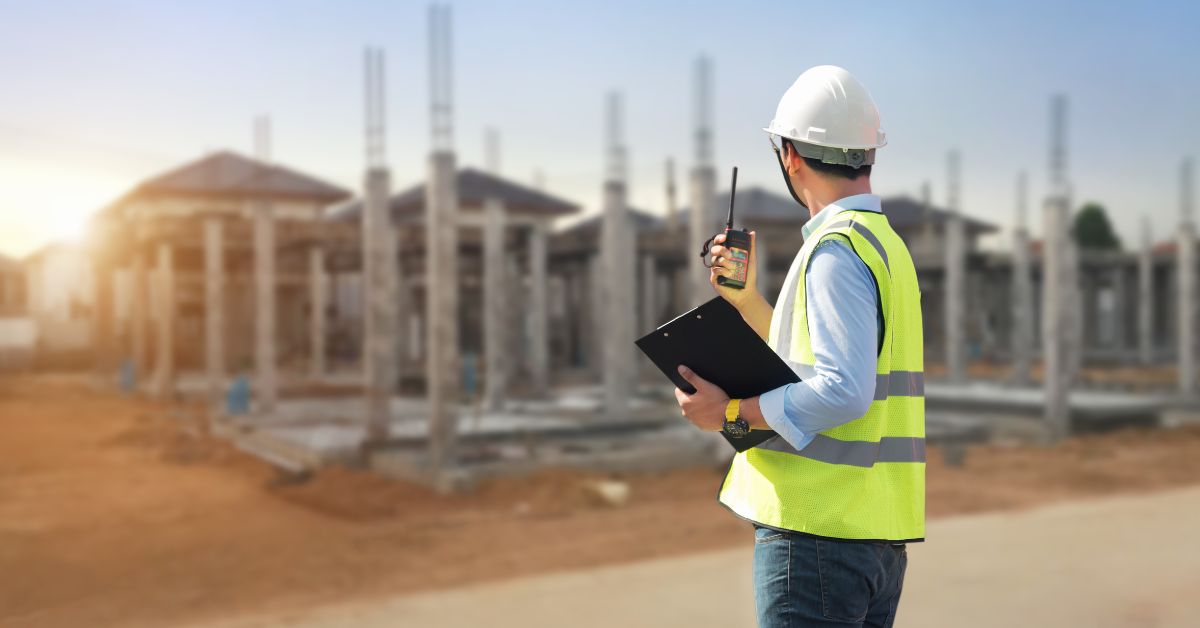
Level 3 Certification in Advanced Civil Engineering
Course Overview
The Level 3 Certification in Advanced Civil Engineering is designed to provide in-depth knowledge and practical skills in key areas of civil engineering. This course focuses on advanced topics such as structural design, geotechnical analysis, sustainable construction practices, and modern engineering technologies. It is ideal for professionals seeking to strengthen their expertise or advance their careers in the civil engineering sector.
Benefits
- Specialized Knowledge: Master advanced civil engineering concepts, tools, and practices.
- Industry-Relevant Skills: Gain practical experience with state-of-the-art techniques and methodologies.
- Career Growth: Enhance your qualifications to secure leadership roles in civil engineering.
- Sustainability Focus: Understand sustainable construction and environmental management in civil projects.
- Global Recognition: Receive a certification respected in the civil engineering industry worldwide.
Learning Outcomes
By completing this certification, participants will:
- Apply advanced structural design principles to real-world projects.
- Analyze and solve complex geotechnical engineering challenges.
- Utilize modern surveying and construction techniques effectively.
- Integrate sustainability principles into civil engineering practices.
- Manage civil engineering projects with an emphasis on safety, quality, and efficiency.
Study Units
- Advanced Structural Design and Analysis
- Principles of structural stability and safety.
- Design methodologies for complex structures.
- Geotechnical Engineering Applications
- Soil mechanics and ground improvement techniques.
- Foundations for large-scale infrastructure projects.
- Sustainable Civil Engineering Practices
- Green building technologies.
- Renewable energy integration in civil projects.
- Modern Surveying and Construction Techniques
- Advanced tools and equipment for surveying.
- Innovative construction methods and materials.
- Project Management in Civil Engineering
- Resource allocation, time management, and budgeting.
- Ensuring compliance with building codes and safety regulations.
Course Outline
- Introduction to Advanced Civil Engineering
- Evolution and future trends in civil engineering.
- Overview of challenges and opportunities in the field.
- Structural Engineering and Design
- Analysis of complex structural systems.
- Case studies on innovative design solutions.
- Geotechnical Engineering
- Soil testing methods and interpretation of results.
- Strategies for mitigating ground instability.
- Sustainability in Civil Engineering
- Lifecycle assessment of construction projects.
- Techniques for reducing environmental impact.
- Construction and Project Management
- Advanced scheduling and resource management tools.
- Ensuring quality and safety in all phases of construction.
- Practical Case Studies and Projects
- Hands-on activities simulating real-world challenges.
- Group discussions on complex engineering scenarios.
Career Progression
After earning this certification, participants can pursue roles such as:
- Senior Civil Engineer
- Structural Design Engineer
- Project Manager in Infrastructure Development
- Sustainability Consultant for Civil Projects
- Geotechnical Specialist
Advanced certifications such as Level 4 or 5 Diplomas in Civil or Structural Engineering can further enhance career prospects.
Why Us
- Expert Instructors: Learn from industry leaders with extensive field experience.
- Practical Approach: Engage in hands-on activities and real-world applications.
- Global Recognition: Certification accredited and valued worldwide.
- Comprehensive Materials: Access cutting-edge tools, resources, and study guides.
- Student Support: Enjoy dedicated mentorship and career guidance throughout the program.
Our assessment process is designed to ensure every learner achieves the required level of knowledge, skills, and understanding outlined in each course unit.
Purpose of Assessment
Assessment helps measure how well a learner has met the learning outcomes. It ensures consistency, quality, and fairness across all learners.
What Learners Need to Do
Learners must provide clear evidence that shows they have met all the learning outcomes and assessment criteria for each unit. This evidence can take different forms depending on the course and type of learning.
Types of Acceptable Evidence
Assignments, reports, or projects
Worksheets or written tasks
Portfolios of practical work
Answers to oral or written questions
Test or exam papers
Understanding the Structure
Learning outcomes explain what learners should know, understand, or be able to do.
Assessment criteria set the standard learners must meet to achieve each learning outcome.
Assessment Guidelines
All assessment must be authentic, current, and relevant to the unit.
Evidence must match each assessment criterion clearly.
Plagiarism or copied work is not accepted.
All learners must complete assessments within the given timelines.
Where applicable, assessments may be reviewed or verified by internal or external quality assurers.
Full learning outcomes and assessment criteria for each qualification are available from page 8 of the course handbook.
Top Courses
No results found.
Related Courses
Let's Get in touch
Deleting Course Review
Course Access
This course is password protected. To access it please enter your password below:



